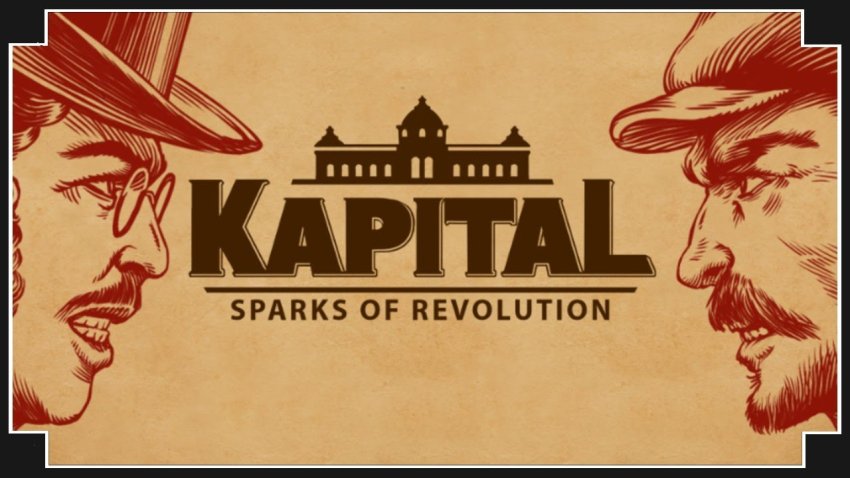
Kapital: Sparks of Revolution
Developed by Lapovich Team
$35.95 available on Steam
Kapital: Sparks of Revolution is a city building, resource management, simulation video game, in the vein of such classics as SimCity and Civilization, but with a class antagonism basis.
Set in an unnamed European city in the twilight between feudalism and capitalism, you play the role of a new mayor in a city reduced to rubble by the ravages of war. Your first task is demolishing the rubble to collect resources to start building places to work, house, feed and entertain the population of workers, bourgeois and nobles.
Each class has their particular roles: nobles serve as officials and police, bourgeois do the owning and pay taxes, while workers provide the labour. The happiness, wellbeing and loyalty of each class depends on your ability to fulfil their needs.
You must also enact laws to further the society, so you can build hospitals, enable funeral services, allow for around the clock production, develop new technologies — which allow for new types of buildings and production — and so on.
Throughout the game, advisors representing the various classes make suggestions for how to proceed — and provide more favourable conditions for their class. You are also called on to resolve problems between the classes. What you decide will result in your favourability in one class rising while it falls in the other, or it could cost you valuable resources, or sometimes both.
Neglect the interests of a class for too long and they’ll start organising against you, forming secret societies to sabotage the city. Should your support keep falling, you’ll get protests. Ignore them or try to disperse them with violence and you’ll get a riots in the town square, complete with angry citizens lobbing Molotov cocktails at the palace.
The game is based on the liberal-bourgeois myth that the “state” sits above class and exists merely to balance antagonistic class interests. It starts out simply enough, but the balancing act becomes more and more complicated as the population grows, needs become greater and resources grow scarce.
Later in the game, individuals can be targeted by the mayor for assassinations or kidnappings by the secret service — revealing a more nefarious agenda.
The graphics, while relatively simple, show the city map pretty well and are not too intensive or taxing on your computer. The line-drawing illustrations on parchment throughout the game are a nice touch and add to the vibe. I also like the way you can click on any of the townspeople wandering around to see their name, age, class, where they work and their health stats. The fact that you can’t rotate the isometric view sometimes makes placing buildings exactly where you want them trickier than it needs to be.
All decision-making comes out of the palace, which means that while you can run a society for the benefit of workers, it’s still a top-down society without democracy.
While it doesn’t quite live up to its forebears (admittedly some big shoes to fill) it is a fun variation on the city building simulation type of game — what it does well is show that if you’re trying to build a society for the benefit of the majority, the classes with a stake in exploiting others are your biggest impediment to success.